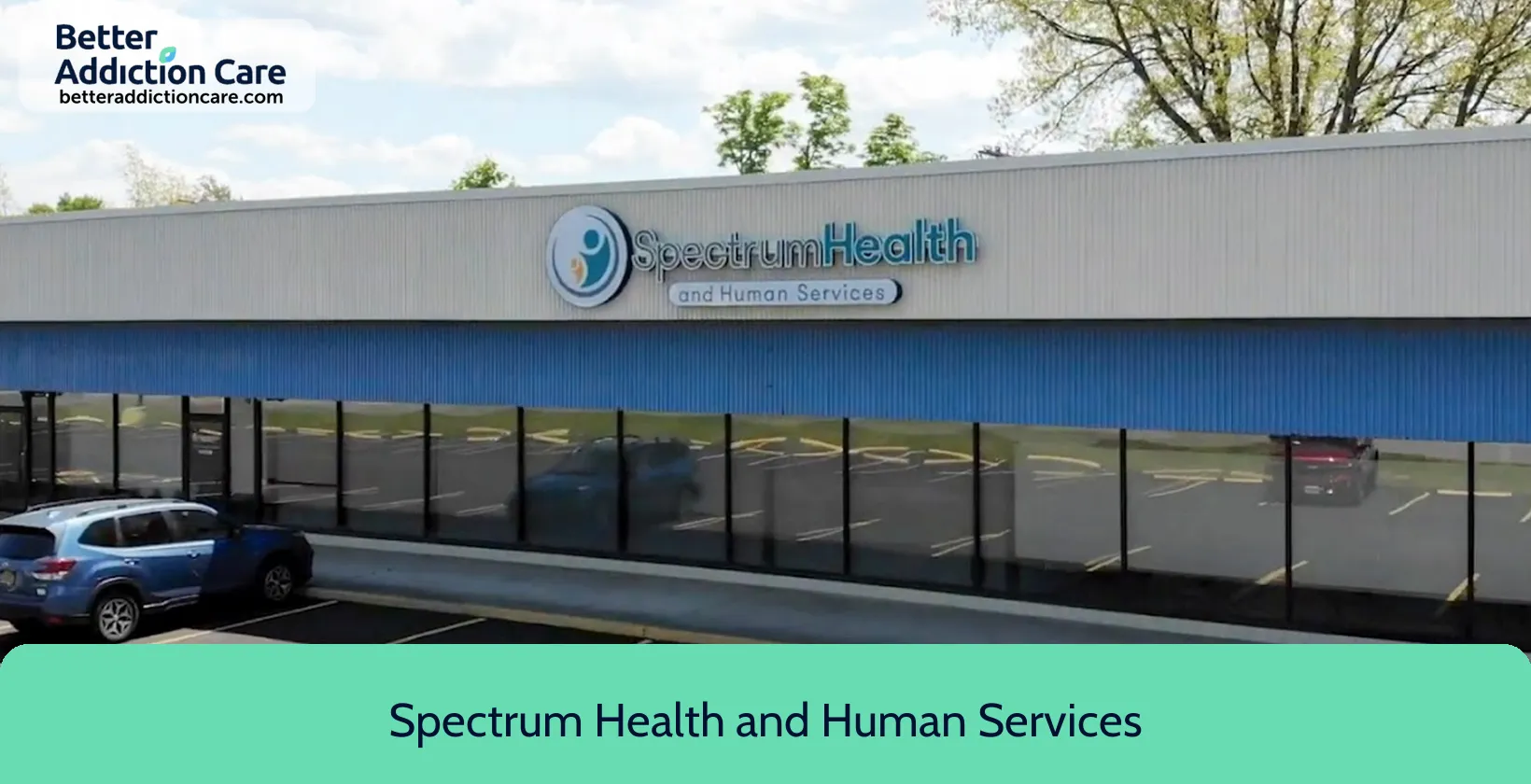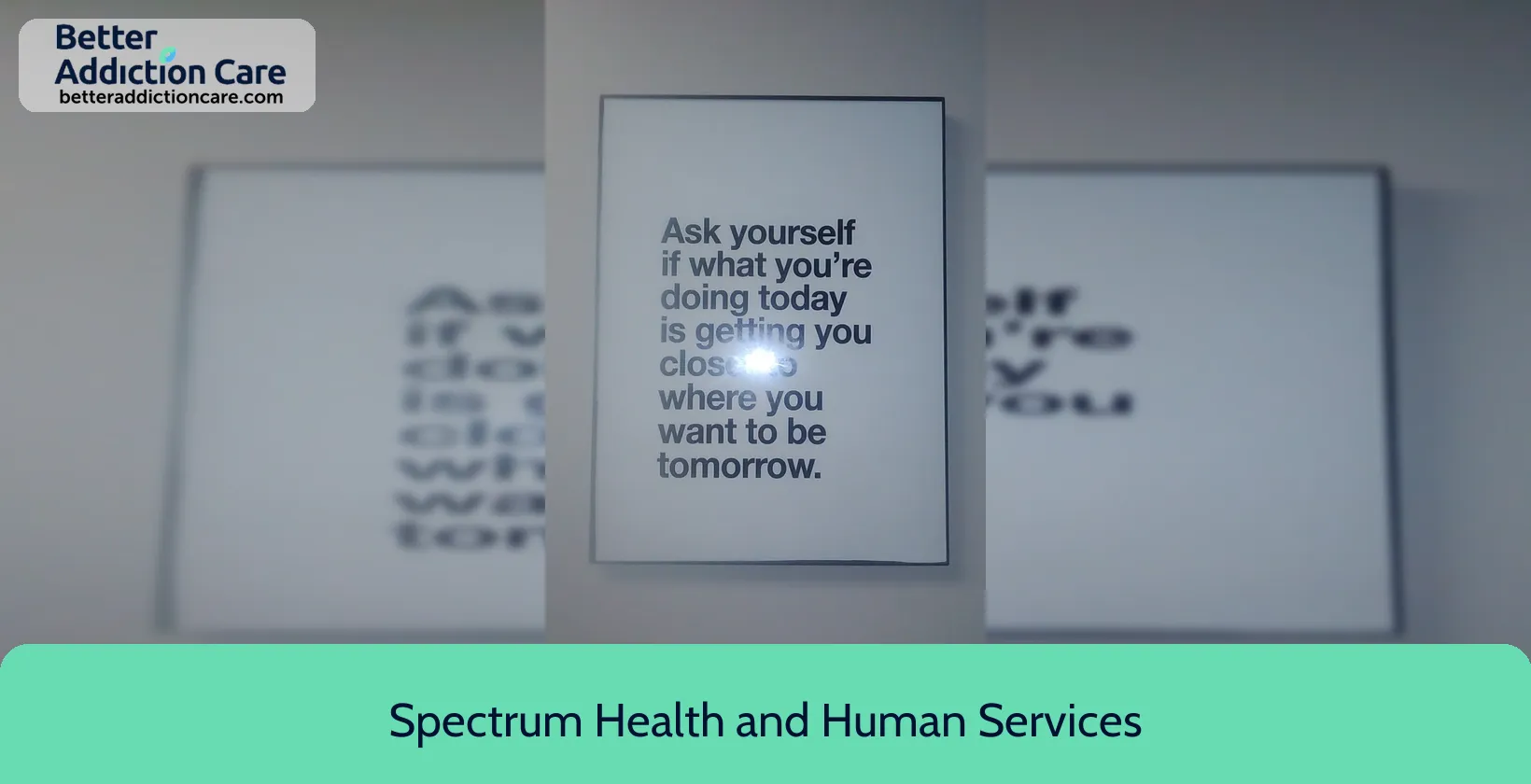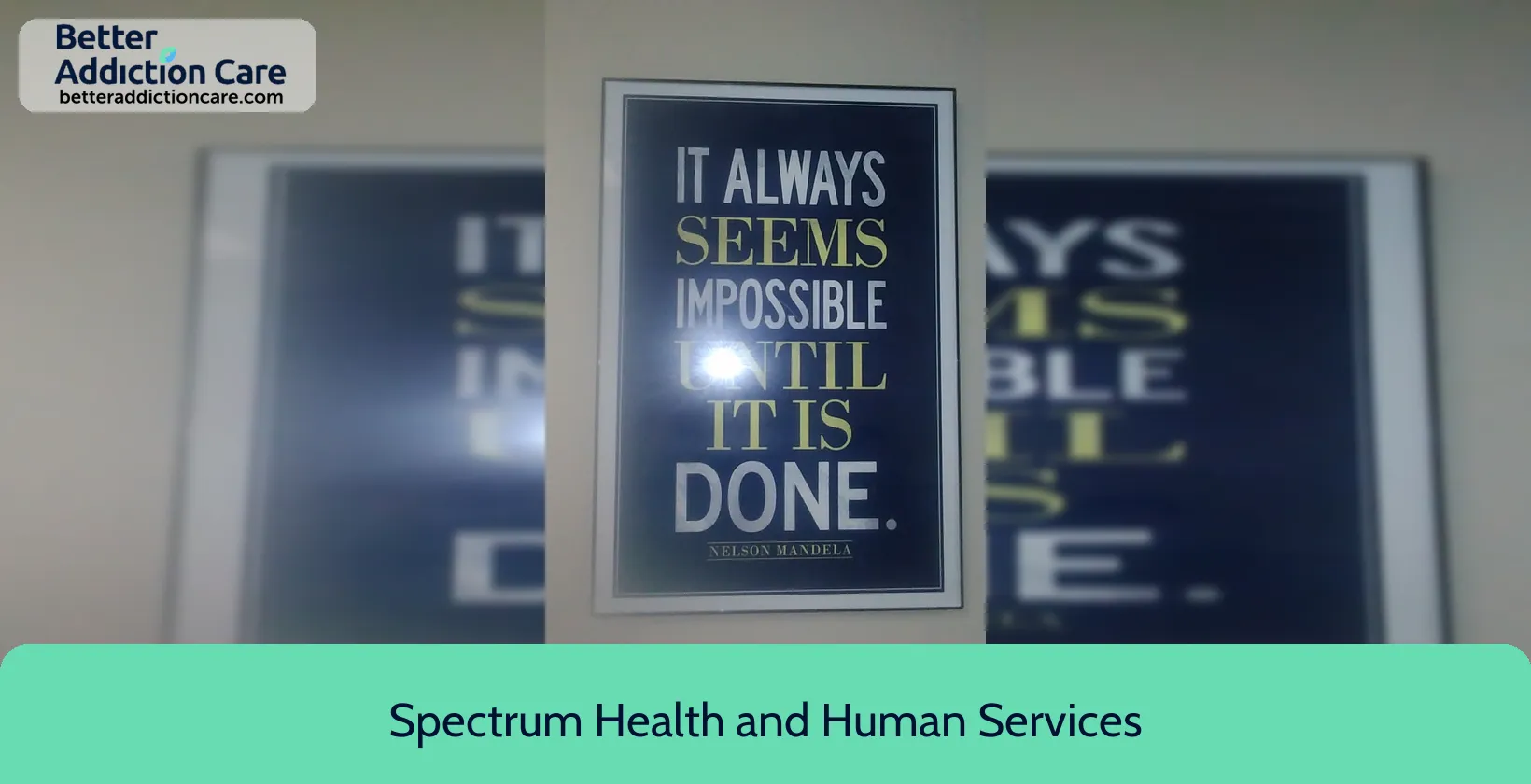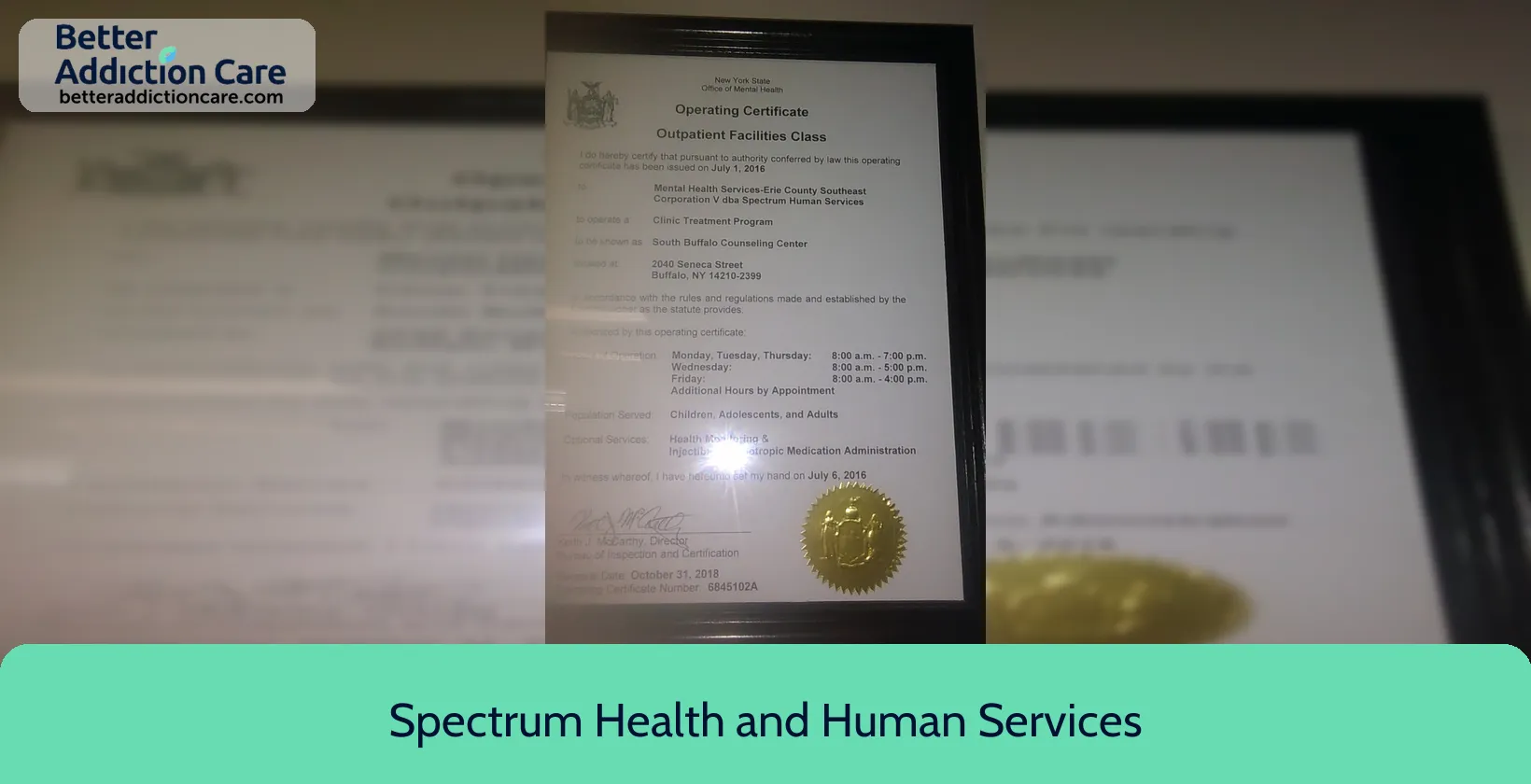Overview
Spectrum Health and Human Services - Chemical Dependency Outpatient is a substance abuse treatment center for people seeking treatment near Erie County. As part of their treatment modalities for recovery, Spectrum Health and Human Services - Chemical Dependency Outpatient provides individual psychotherapy, cognitive behavioral therapy, and dialectical behavior therapy during treatment. Spectrum Health and Human Services - Chemical Dependency Outpatient is located in Buffalo, New York, accepting cash or self-payment for treatment.
Spectrum Health and Human Services - Chemical Dependency Outpatient at a Glance
Payment Options
- Cash or self-payment
- Medicaid
- Medicare
- State-financed health insurance plan other than Medicaid
- Private health insurance
Assessments
- Screening for tobacco use
- Comprehensive mental health assessment
- Comprehensive substance use assessment
- Interim services for clients
- Outreach to persons in the community
Age Groups
- Children/adolescents
- Young adults
- Adults
- Seniors
Ancillary Services
- Case management service
- Court-ordered outpatient treatment
- Diet and exercise counseling
- Family psychoeducation
- Psychosocial rehabilitation services
Highlights About Spectrum Health and Human Services - Chemical Dependency Outpatient
7.39/10
With an overall rating of 7.39/10, this facility has following balanced range of services. Alcohol Rehabilitation: 8.00/10, Drug Rehab and Detox: 7.85/10, Insurance and Payments: 6.00/10, Treatment Options: 7.70/10.-
Alcohol Rehabilitation 8.00
-
Drug Rehab and Detox 7.85
-
Treatment Options 7.70
-
Insurance and Payments 6.00
Accreditations
State mental health department:
State mental health department accreditation refers to the process of evaluating and certifying the quality and standards of a state's mental health department, ensuring that it provides high-quality services and meets specific criteria for mental health care. The accreditation process is performed by a third-party organization and helps to improve the overall care and treatment of individuals with mental health conditions.
Treatment At Spectrum Health and Human Services - Chemical Dependency Outpatient
Treatment Conditions
- Alcoholism
- Mental health treatment
- Substance use treatment
- Co-occurring Disorders
Care Levels
- Outpatient
- Outpatient methadone/buprenorphine or naltrexone treatment
- Regular outpatient treatment
- Aftercare
Treatment Modalities
- Individual psychotherapy
- Cognitive behavioral therapy
- Dialectical behavior therapy
- Integrated Mental and Substance Use Disorder treatment
- Telemedicine/telehealth therapy
Ancillary Services
Languages
- Sign language services for the deaf and hard of hearing
- Other languages (excluding Spanish)
- Hebrew
Additional Services
- Pharmacotherapies administered during treatment
- Mentoring/peer support
- Breathalyzer or blood alcohol testing
Special Programs
- Clients with co-occurring mental and substance use disorders
- Clients who have experienced trauma
- Clients who have experienced sexual abuse
- Persons with post-traumatic stress disorder (PTSD)
Get Help Now
Common Questions About Spectrum Health and Human Services - Chemical Dependency Outpatient
Contact Information
Other Facilities in Buffalo

7.14

6.65

7.00

7.51

7.92

7.58
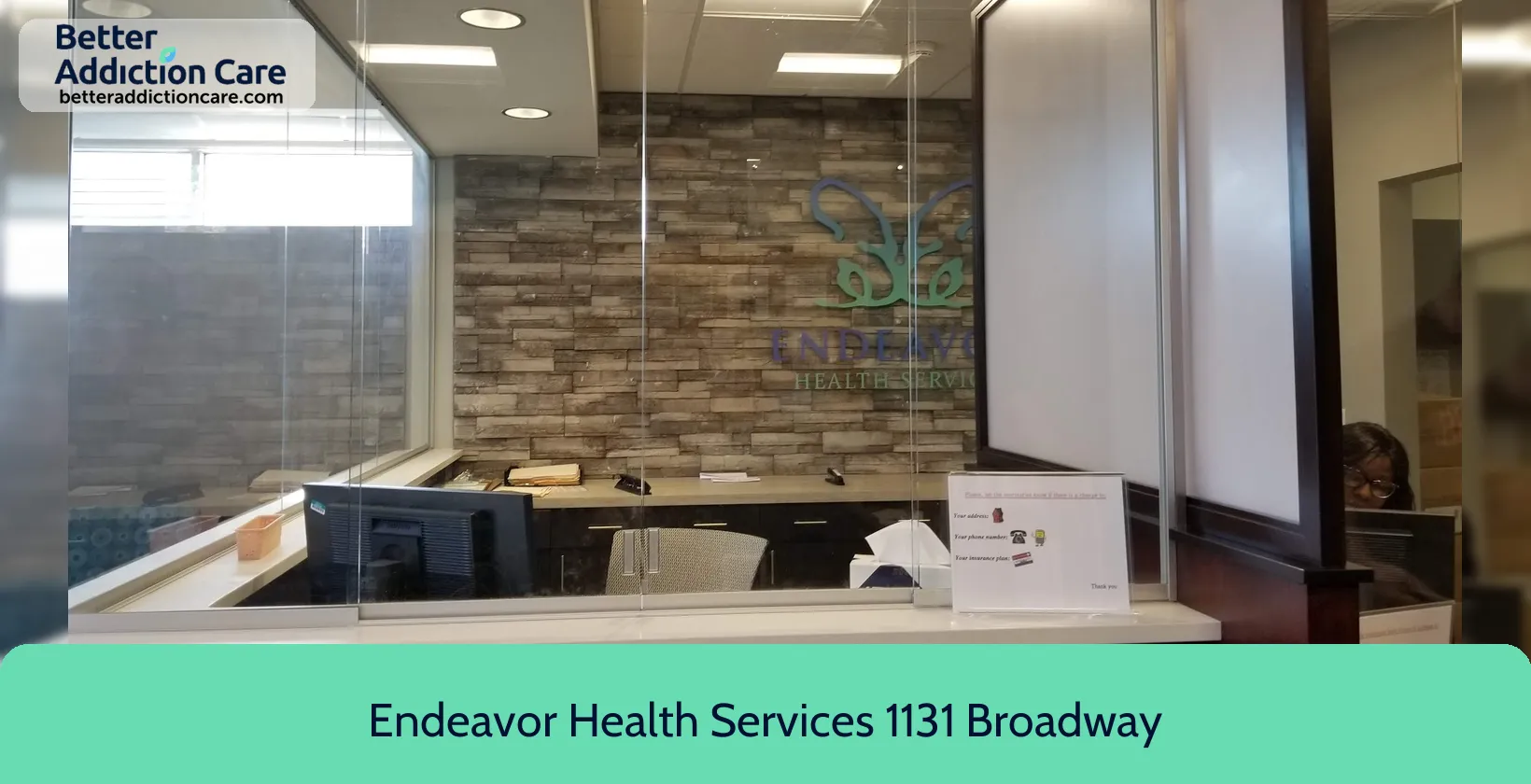
7.58
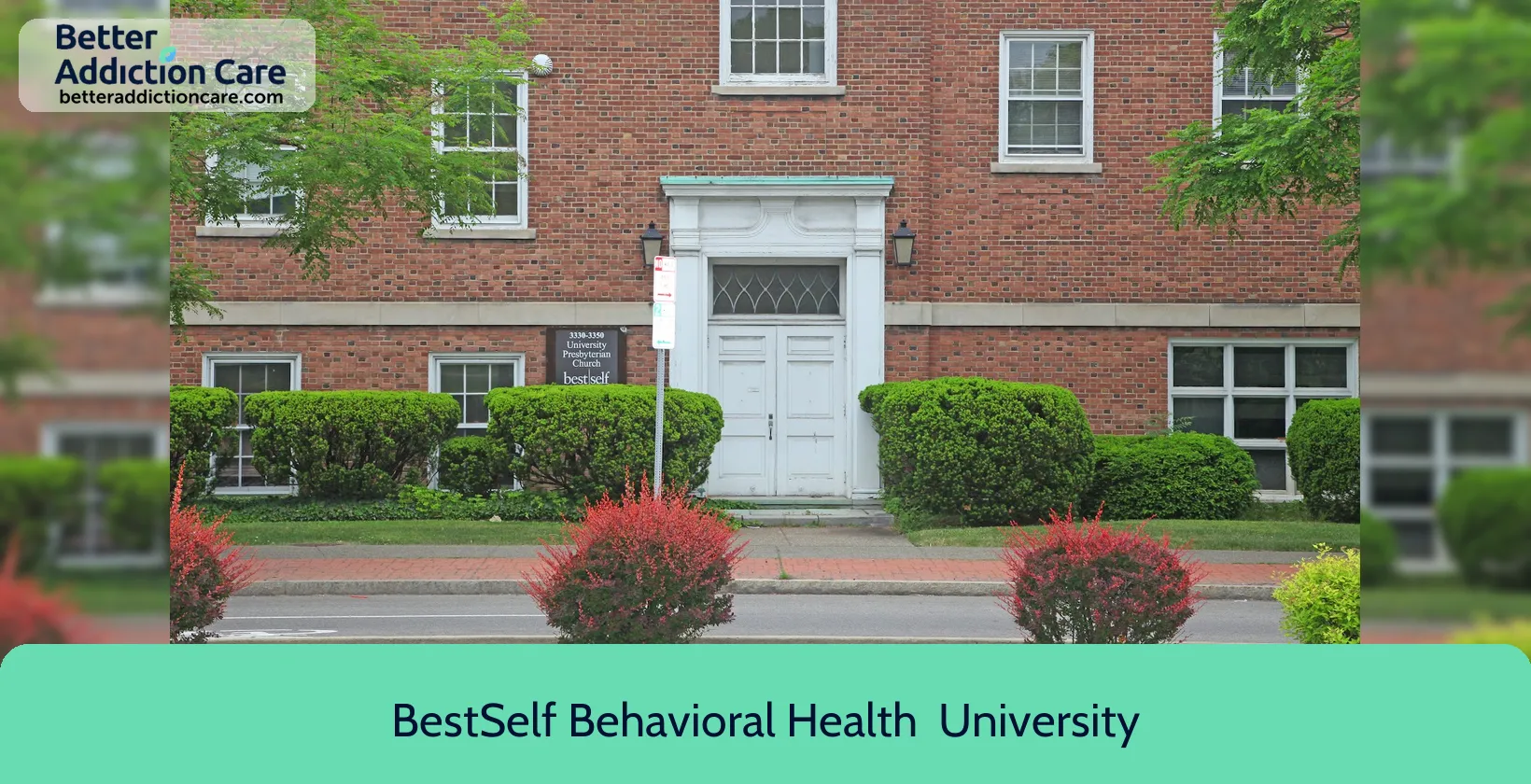
6.74
DISCLAIMER: The facility name, logo and brand are the property and registered trademarks of BestSelf Behavioral Health - University Branch, and are being used for identification and informational purposes only. Use of these names, logos and brands shall not imply endorsement. BetterAddictionCare.com is not affiliated with or sponsored by BestSelf Behavioral Health - University Branch.
